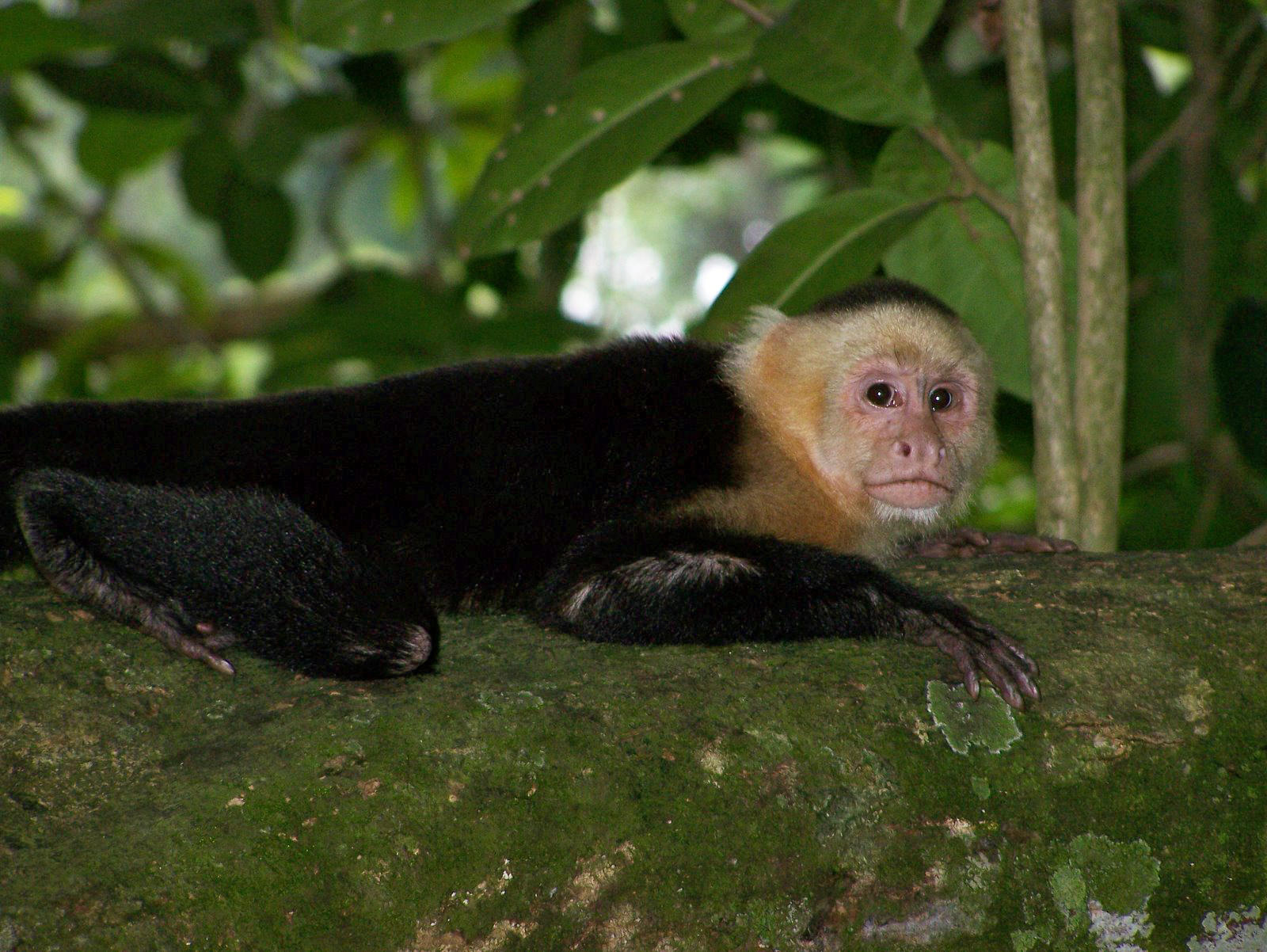Suppose you are working on that big science fair project with a classmate. Together, the two of you work to complete it. By cooperating, the two of you both are helped. How about a blind person who depends on a seeing-eye dog? The dog helps the person while the person takes care of the dog. In this way, both human and dog gain something from each other’s help.
Nature is like that too. Plants and animals can often work together in some surprising ways to help each other out. This process is called mutualism — and it happens when two organisms work with each other and which each benefit or is helped in some way by this cooperation.
In the rainforest, there are many examples of mutualism at work. Monarch butterflies travel in large groups to stay safe. Certain insects such as ants and termites rely on each other and work as a team to build mounds where the group will live, or hunt together to find food. Capuchin monkeys love to eat the flowers from certain trees. When they eat, pollen sticks to them. As the monkey travels, the pollen is carried and dropped, allowing for new flowers to grow.
Nature is like that too. Plants and animals can often work together in some surprising ways to help each other out. This process is called mutualism — and it happens when two organisms work with each other and which each benefit or is helped in some way by this cooperation.
In the rainforest, there are many examples of mutualism at work. Monarch butterflies travel in large groups to stay safe. Certain insects such as ants and termites rely on each other and work as a team to build mounds where the group will live, or hunt together to find food. Capuchin monkeys love to eat the flowers from certain trees. When they eat, pollen sticks to them. As the monkey travels, the pollen is carried and dropped, allowing for new flowers to grow.

Mutualism helps to maintain the delicate balance of the rainforest. Without it, no doubt certain plants and animals would have a difficult time of surviving.
This Capuchin monkey will help new plants to grow by spreading the pollen it collects when eating.
Why is mutualism an important part of nature? Can you think of what might happen if organisms did not work together?
This Capuchin monkey will help new plants to grow by spreading the pollen it collects when eating.
Why is mutualism an important part of nature? Can you think of what might happen if organisms did not work together?
Rainforest Kids Science curriculum connection: Unit 2: Chapter 2, Lesson 3, Grade 4; Unit 2: Chapter 2, Lesson 3, Grade 5

